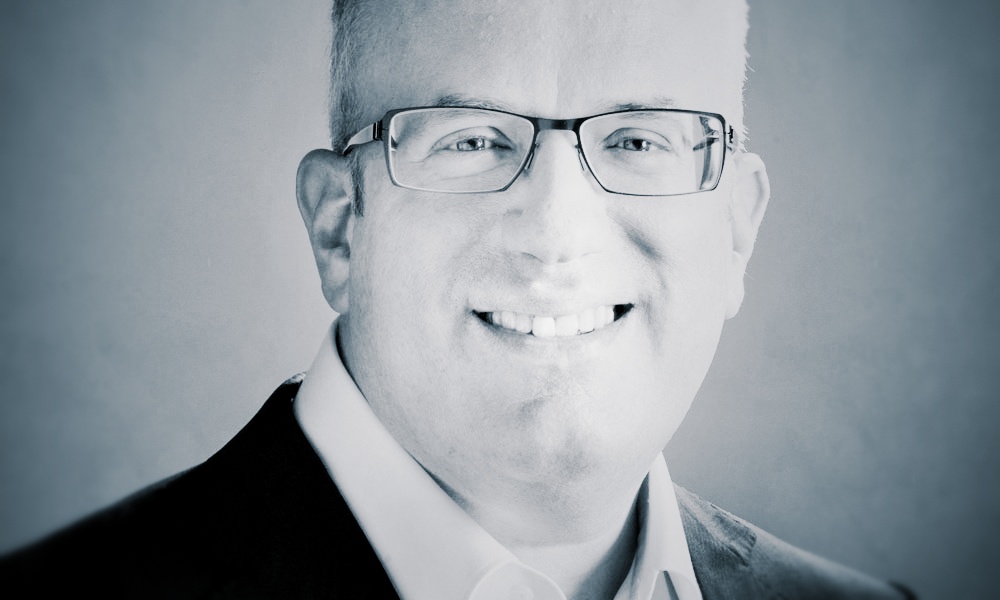
Did Brendan Eich’s Politics Sink Him as CEO?
The Mozilla Foundation CEO's ill-fated tenure was the result of a cultural mismatch. But gay marriage was only part of it.
The past few weeks have been busy for the Mozilla Foundation—and for the question of whether you can leave your politics at the office door.
Last Thursday the nonprofit organization, best known for producing the Firefox web browser, announced that CEO Brendan Eich would step down less than two weeks after it was announced he got the job. As AssociationsNow.com’s Ernie Smith reported last week, the issue wasn’t Eich’s leadership ability but a $1,000 donation he made in 2008 to an organization opposing gay marriage in California.
“I prefer not to talk about my beliefs,” Eich told a CNet reporter.
Eich’s donation was already known about and much-discussed. He addressed it himself in a blog post in 2012, though he declined to get into a debate about his politics. “I’m left with charges that I hate and I’m a bigot, based solely on the donation,” he wrote. “Now ‘hate’ and ‘bigot’ are well-defined words. I say these charges are false and unjust.”
That’s the sound of a person playing defense, and plenty of observers feel that Eich’s ouster reflects an unfair judgment against him. Even if you disagree with Eich’s politics, the argument goes, what’s important is his ability to successfully execute Mozilla’s strategy. Once we start judging leaders on their beliefs and not their skills, we’re on a slippery slope where CEOs have to pass litmus tests for everything from voter registration to likelihood of provoking Twitter outrage.
Andrew Sullivan, a prominent gay journalist and strong advocate of gay marriage, lamented Eich’s treatment, writing, “If this is the gay rights movement today — hounding our opponents with a fanaticism more like the religious right than anyone else — then count me out.” (In turn, a spokesman for the Human Rights Campaign criticized Sullivan, while the National Organization for Marriage, which supported the campaign to which Eich donated, called for a ban on the Firefox browser. Divisiveness seems to spawn divisiveness in a story like this.)
I’ve been reading the comments that Eich has made about his donation and the controversy, both in his blog posts and in interviews, and I’ve come to two conclusions.
- Eich had a carefully thought-through and reasoned argument for why he made his $1,000 donation. Regardless of your politics, this is to his credit.
- Eich avoided sharing what that argument was. This isn’t.
In the midst of the controversy, Eich told a CNet reporter:
“I prefer not to talk about my beliefs. One of the things about my principles of inclusiveness is not just that you leave it at the door, but that you don’t require others to put targets on themselves by labeling their beliefs, because that will present problems and will be seen as divisive.”
This statement frustratingly attempts to decouple a commitment to inclusiveness from a commitment to openness and transparency. Setting aside one basic principle of leadership while championing another is a tough needle to thread. (Number of times Eich mentioned “inclusiveness”: 13. “Transparency”: zero.) And reasonable critics of Eich weren’t demanding that he “label” his beliefs, just that he explain them.
The issue of transparency, I’d argue, is more pronounced in the case of the Mozilla Foundation than it might be for other nonprofits in other industries. The Firefox browser was a pioneer in open-source programming, in which anybody was allowed to participate in the creation of the product. And as an internet company, it’s part of a culture that privileges free speech and candor. (And, not unimportantly, is served by a workforce that is largely made up of a young generation that strongly supports gay-marriage rights.)
The issue here is as much about a CEO’s personal beliefs as it is how much a CEO needs to understand the values of the organization he serves. (The board that hires the CEO ought to be thinking about it too.) In Mozilla’s case that involves beliefs about gay marriage, yes. But it also involves beliefs about open discussion.
Would Eich still be Mozilla’s CEO if he’d held a town-hall meeting explaining his beliefs about gay marriage and showing how he reconciled those beliefs with the organization’s culture? Hard to say. He’d still absorb plenty of brickbats, of course, and people would still demand his ouster. But it may also have reassured observers that his commitment to inclusiveness wasn’t just lip service, and that may have freed him to concentrate on the day-to-day business of running the company.
If Mozilla didn’t learn its lesson about the virtues of transparency during Eich’s tenure, it’s learned it now. In a statement about Eich’s resignation, Executive Chairwoman Mitchell Baker stressed that transparency will mark its search for its next leader. “What’s next for Mozilla’s leadership is still being discussed,” she wrote. “We want to be open about where we are in deciding the future of the organization.”
(Mozilla Foundation)






Comments